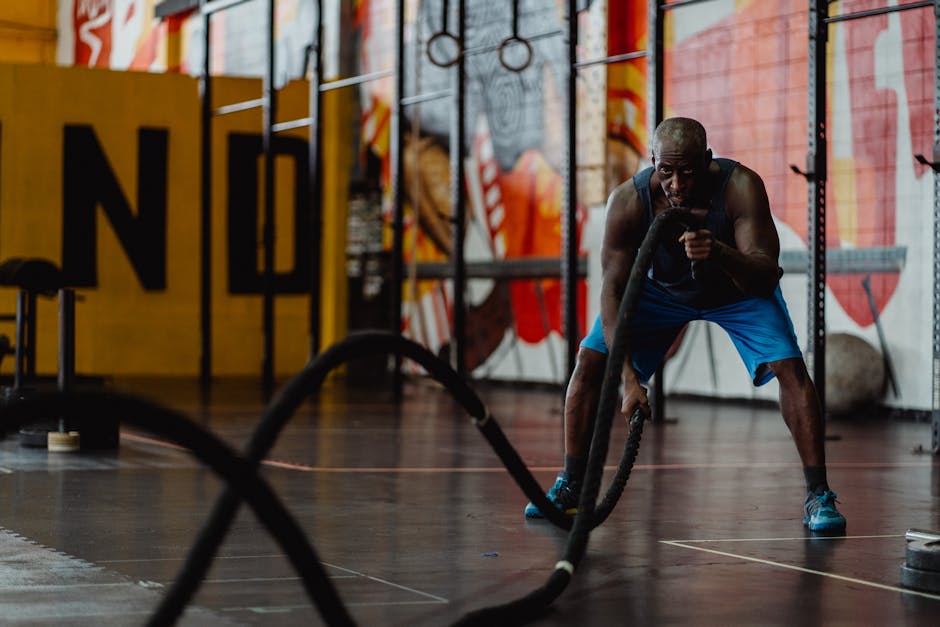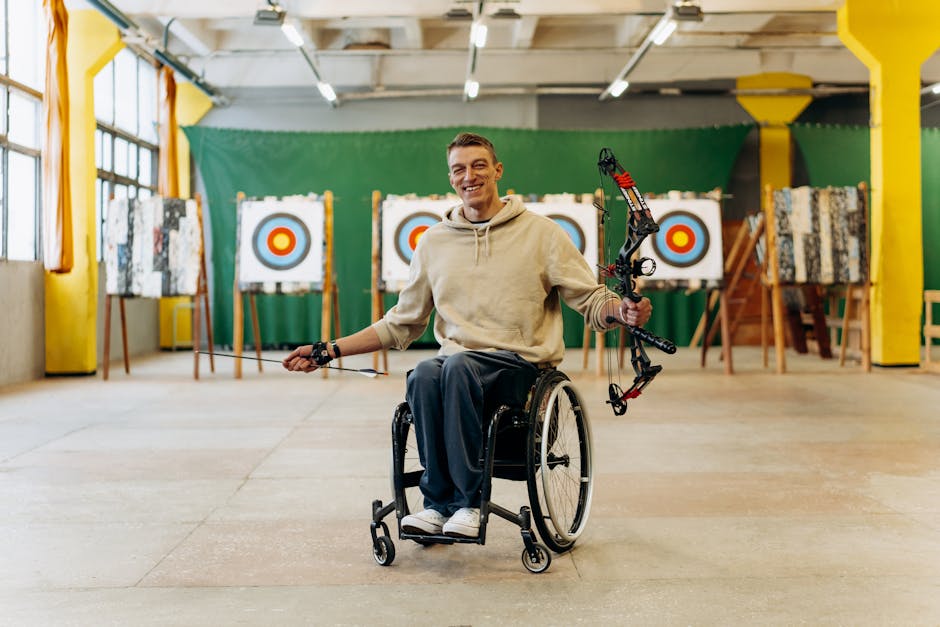Focus Keyword: self-confidence
Self-confidence is the foundation of personal growth, achievement, and happiness. At Self IQ, we believe that smarter growth leads to a stronger you, and building self-confidence is a crucial part of that journey. Whether you’re looking to overcome self-doubt, take on new challenges, or simply feel better about yourself every day, this comprehensive guide will walk you through the proven steps to cultivate lasting self-confidence.
The Psychology of Self-Confidence: Understanding Your Inner Narrative

Photo by Andrea Piacquadio on Pexels
Self-confidence begins with your inner narrative—the thoughts and beliefs you hold about yourself. This internal dialogue shapes how you perceive your abilities, your worth, and your potential. Many people struggle with self-doubt because they have internalized negative messages from past experiences or comparisons to others. Understanding the psychology behind self-confidence is the first step to changing your story.
Start by becoming aware of your self-talk. Notice when you criticize yourself or expect failure. These thoughts often stem from old patterns or fears, not reality. Challenge them by asking: “Is this thought true? Would I say this to a friend?” Rewriting your narrative takes practice, but each time you replace a negative thought with a more supportive one, you build a stronger foundation for self-confidence.
Another key concept is the growth mindset—the belief that abilities can be developed through effort and learning. Adopting a growth mindset allows you to see challenges as opportunities rather than threats. This shift empowers you to take risks, learn from mistakes, and view setbacks as part of the process, not evidence of inadequacy.
Remember, your self-image is not fixed. Like editing a photo, you can “photoshop” your mental picture by focusing on your strengths and achievements. Over time, this new image becomes your reality, fueling greater confidence in all areas of life.
Daily Habits to Strengthen Self-Confidence

Photo by MART PRODUCTION on Pexels
Building self-confidence is not a one-time event—it’s a daily practice. The small actions you take each day compound over time to create a powerful sense of self-assurance. Here are essential habits to incorporate into your routine:
- Positive Self-Talk: Start your day by affirming your strengths and expressing gratitude for your progress. Replace self-criticism with encouragement.
- Physical Self-Care: Groom yourself, dress in a way that makes you feel good, and prioritize healthy habits like exercise and nutrition. How you treat your body directly impacts your self-image.
- Goal Setting: Set small, achievable goals and celebrate each success. Accomplishing even minor tasks builds a sense of competence and momentum.
- Mindfulness and Meditation: Practice being present and nonjudgmental with your thoughts. Meditation helps you observe self-doubt without letting it control you, fostering acceptance and calm.
- Journaling: Reflect on your achievements, challenges, and growth. Writing helps you process experiences and track your progress over time.
Consistency is key. Even on tough days, sticking to these habits reinforces your commitment to self-confidence and builds resilience for the future.
Overcoming Negative Self-Talk and Limiting Beliefs

Photo by Annushka Ahuja on Pexels
Negative self-talk is one of the biggest obstacles to self-confidence. It’s the inner critic that tells you you’re not good enough, smart enough, or capable enough. To silence this voice, you must first recognize when it appears. Pay attention to thoughts that use words like “always,” “never,” or “can’t.” These are often exaggerations that keep you stuck.
Once you identify negative patterns, challenge them with evidence from your own life. Recall times you succeeded, learned something new, or overcame a challenge. Replace limiting beliefs with empowering statements, such as “I am capable of learning new skills” or “I can handle whatever comes my way.”
Visualization is another powerful tool. Imagine yourself succeeding in situations that typically trigger self-doubt. See yourself speaking confidently, completing tasks, or navigating challenges with ease. This mental rehearsal primes your brain for success and reduces anxiety in real-life situations.
Finally, surround yourself with positivity. Limit exposure to negative influences, whether online or in person, and seek out supportive environments that reinforce your confidence. Remember, everyone experiences self-doubt at times, but you can choose which voices to amplify in your life.
Building Confidence Through Action: Embrace Challenges and Growth

Photo by Magda Ehlers on Pexels
True self-confidence is built through action. Every time you step outside your comfort zone, you prove to yourself that you are capable of growth. Start by identifying areas where you feel uncertain or hesitant. Break these challenges into manageable steps and commit to taking action, even if it’s imperfect.
Taking risks doesn’t mean being reckless—it means being willing to try, learn, and adapt. Each attempt, regardless of outcome, is a victory over fear. Over time, these experiences accumulate, creating a track record of resilience and adaptability.
Set yourself regular challenges, such as speaking up in meetings, trying a new hobby, or initiating conversations. As you face and overcome these challenges, your confidence will naturally expand. Celebrate your courage, not just your successes, and remember that growth happens on the edge of your comfort zone.
Reflection is crucial. After each challenge, review what went well and what you learned. This process turns every experience into a stepping stone toward greater self-assurance.
The Role of Self-Compassion in Confidence Building

Photo by cottonbro studio on Pexels
Self-compassion is the practice of treating yourself with the same kindness and understanding you would offer a friend. It’s a vital component of self-confidence because it allows you to navigate setbacks without falling into self-criticism or shame.
When you make a mistake or face a disappointment, acknowledge your feelings without judgment. Remind yourself that imperfection is part of the human experience. Instead of asking, “What’s wrong with me?” try, “What can I learn from this?” This shift transforms failures into opportunities for growth.
Practicing self-compassion also means setting healthy boundaries. Learn to say no when needed, prioritize your needs, and protect your energy. Assertiveness is not selfish—it’s an act of self-respect that reinforces your sense of worth.
Research shows that self-compassion is linked to greater emotional resilience, motivation, and overall well-being. By nurturing a compassionate relationship with yourself, you create a stable foundation for lasting self-confidence.
Developing a Supportive Environment for Confidence

Photo by Edmond Dantès on Pexels
Your environment plays a significant role in shaping your self-confidence. Surround yourself with people who encourage, inspire, and challenge you to grow. Seek out mentors, friends, or communities that share your values and support your goals.
Building a support network doesn’t mean relying on others for validation, but rather creating a space where you can share experiences, gain perspective, and receive constructive feedback. Healthy relationships provide encouragement during setbacks and celebrate your successes, reinforcing your confidence from the outside in.
At the same time, be mindful of influences that drain your confidence. Limit time with individuals or groups that foster negativity, comparison, or criticism. Curate your social media feeds to include content that uplifts and motivates you.
Remember, confidence is contagious. As you build your own, you’ll inspire those around you to do the same, creating a ripple effect of empowerment and growth.
Physical Well-Being and Its Impact on Self-Confidence

Photo by Ketut Subiyanto on Pexels
The mind and body are deeply connected, and your physical well-being directly affects your self-confidence. Prioritizing health through diet, exercise, and sleep can dramatically improve how you feel about yourself.
Regular physical activity has been shown to boost mood, reduce anxiety, and enhance body image—all of which contribute to greater self-confidence. You don’t need to become an athlete; even daily walks or simple stretches can make a difference.
Nutrition also plays a role. Fueling your body with wholesome, nutrient-dense foods supports mental clarity, energy, and emotional balance. When you feel strong and healthy, you project confidence in your posture, voice, and presence.
Don’t underestimate the power of rest. Quality sleep restores your body and mind, helping you manage stress and maintain a positive outlook. Make self-care a non-negotiable part of your routine, and notice how your confidence grows as a result.
Long-Term Strategies for Sustained Self-Confidence

Photo by Artem Podrez on Pexels
Building self-confidence is a lifelong journey, not a destination. To sustain your progress, commit to ongoing growth and self-reflection. Regularly revisit your goals, celebrate your achievements, and adjust your strategies as needed.
Continue learning—whether through books, courses, or new experiences. The more you expand your skills and knowledge, the more confident you’ll feel in your ability to handle whatever comes your way.
Practice gratitude by acknowledging the progress you’ve made and the strengths you possess. This mindset keeps you focused on abundance rather than lack, reinforcing your self-worth.
Finally, remember that setbacks are part of the process. When you face challenges, return to the basics: self-compassion, positive habits, and supportive environments. Each obstacle is an opportunity to build even greater resilience and confidence.
Conclusion: Your Path to Unshakable Self-Confidence

Photo by Dani Anaya on Pexels
Self-confidence is not about being perfect or never feeling doubt. It’s about trusting yourself, embracing growth, and showing up authentically in every area of your life. By understanding your inner narrative, practicing daily habits, overcoming negative self-talk, taking action, nurturing self-compassion, building a supportive environment, and caring for your physical well-being, you lay the groundwork for unshakable self-confidence.
Start small, be patient with yourself, and celebrate every step forward. With time and commitment, you’ll discover that confidence is not something you find—it’s something you build, day by day. At Self IQ, we’re here to support your journey to smarter growth and a stronger you.
Sources
- https://zenhabits.net/25-killer-actions-to-boost-your-self-confidence/
- https://www.mind.org.uk/information-support/types-of-mental-health-problems/self-esteem/tips-to-improve-your-self-esteem/
- https://www.verywellmind.com/how-to-boost-your-self-confidence-4163098
- https://positivepsychology.com/self-esteem-boost-exercises/
- https://www.betterup.com/blog/how-to-improve-self-esteem





